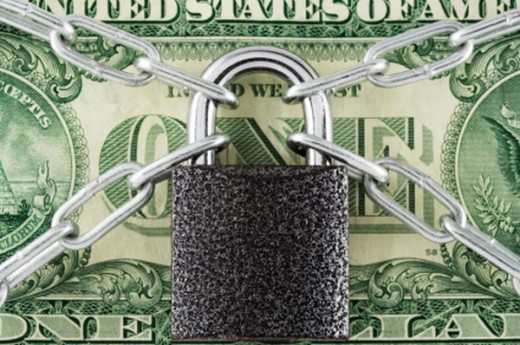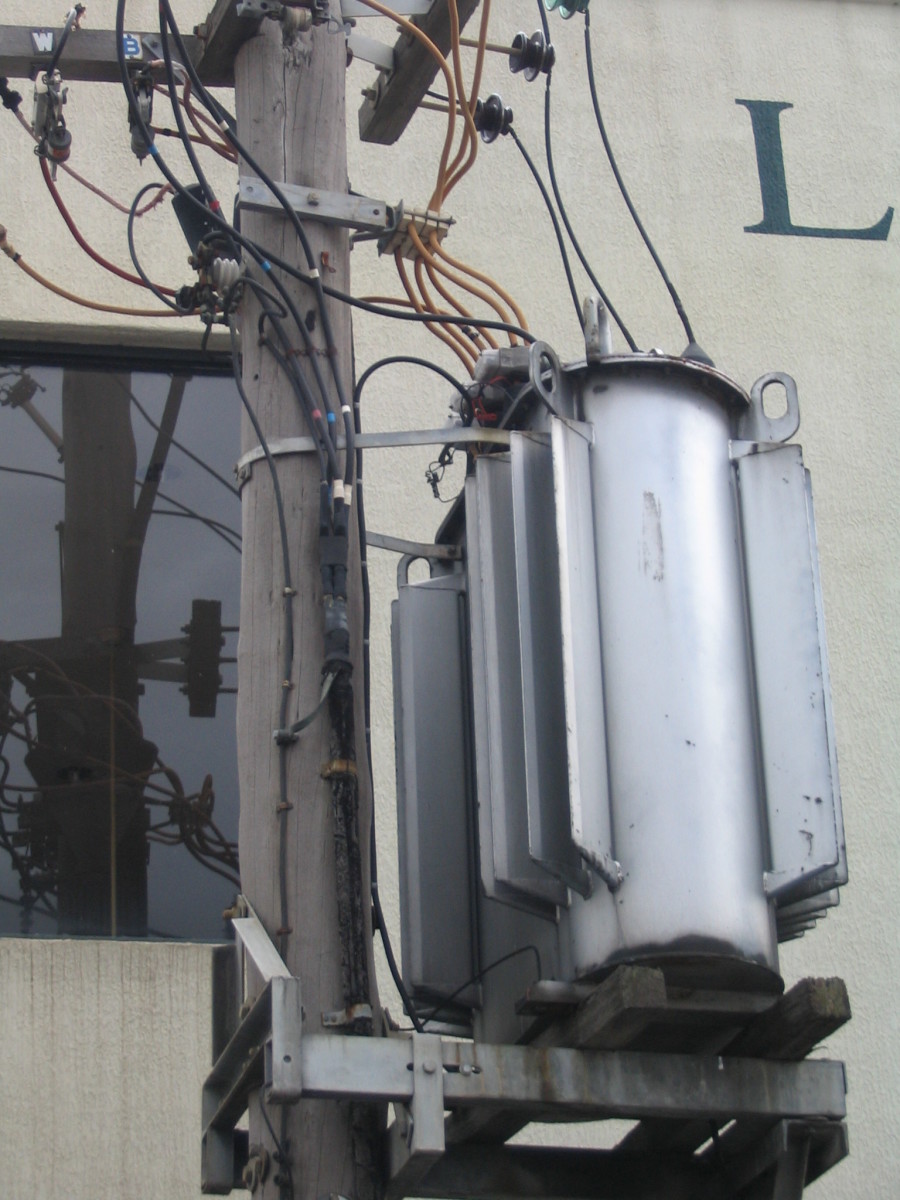Types Of Insurance - What It Is, How It Works And Why It's Important

What Is Insurance And Why You Should Know
We have all heard of the term and know they have something to do with business, we just might not know exactly what. Know that hold great significance, even to the average person. If you want to safeguard your house, car as well as other property, and be able to squeeze out of tight financial situations without backlash. It's best you understand the term in and out to give you the best chances to doing so.
Firstly, you must understand a bit of what insurance is. It is basically a deal between a company(called an insurance company) and someone wishing to insurance some particular piece of property they own or some commodity associated with the person. The person pays some monthly fee and in return, the insurance company would pay or provide monetary recompense for any damage or loss done to their insured possession.

What Can Be Insured
Truthfully, just about anything can be covered in an insurance policy. You might not be able to insure something like a pencil alone, but if you have a pencil in your home then it may be covered by property insurance. These are the typical types of insurance: auto, property, health and life, credit and gap, causality and liability and income. Let us elaborate on these a bit.
Types Of Insurance

Auto(Vehicle) Insurance
We will start with vehicle insurance, possibly the most common of the three. Almost ever country in the world(or state in a country) requires drivers to have some type of auto insurance. There are two types of insurance, first party and third party. Both are similar but can yield vastly differing results lead to serious problems depending on the situation that occurs.
I'll paint a little picture for you, so bear with me. Let's say you have a car that is uninsured(doesn't have insurance). You can drive the car all you want and do anything you want with it. However, you are fully responsible for the car. If for instance, you were to get into an accident, with another car, if you were at fault, you would have to pull all the money out your own pocket to repair your car, as well as the other car. It would be an entirely different case if you were insured.
Let us assume that you had taken first party insurance. Now if you had gotten into the same accident, if you were at fault instead of you paying the money for the damage out of your pocket, the insurance company would instead pay for the damage done to your car. If you had not been at fault, the company would also pay for the damage. The situation is somewhat different with third party insurance.
In third party insurance, if this same accident occurs with you being at fault, the insurance company would pay for none of the damage, all the money would come from your pocket. This is because third party insurance only covers for damage when the insured party is not at fault. Therefore only if you did not instigate the accident then the insurance company would pay for the damage to your car. This is sometimes referred to as the "safe driver" insurance. That said, third party insurance is always cheaper than first party insurance.
The jargon works like this: a first party(insured person) purchases insurance from a second party (the insurance company) for protection again a third party (another driver). So first party insurance protects from accidents caused by the first as well as third-party while third-party only protects from those caused by the third party.

Property Insurance
Property insurance provides protection for all types of meaningful property, with the home being the most common. You may also ensure property such as estates and storehouse, but the insurance typically works the same way. With home insurance, you insure the house, and everything in the house will also, by effect, be insured as well. If for instance, a fire was to occur, you would receive compensation for damage done to the house itself, as well as particular items in the house. Certain insurance policies only cover damage to or loss of particular items. Of course, there are ways in which the value of your house is decided, usually by an inspector, to access the cumulative worth of everything destroyed by the fire.

Health And Life Insurance
With health insurance, companies would provide money to deal with medical problems. If you had contracted some type of disease or illness and was in need of expensive surgery, the health insurance would have you covered. Health insurance would also cover something like a dental surgery. It pretty much covers the cost of medical treatment.
Life insurance, on the other hand, is something of a kind of monetary recompense, to the family of a deceased person who is insured. It provides the family with money for themselves, as well as money to cover to cost of the deceased person's funeral and burial expenses.

Credit And Gap Insurance
If a person has credit insurance and takes a loan, only if the insured person is unable to pay the loan, the insurance company will pay all of or the part of the loan the person is unable to pay. While it may sound convenient, you can be sure that the fee for credit insurance won't be too light on your pockets.
Gap insurance is quite similar to credit insurance. Instead of paying all of the loan, similar to credit insurance, it pays only the difference between the actual cash price of the item a person may buy and the price of the loan for the item. Simply put, gap insurance only covers the interest on a loan a person may take.

Casualty And Liability Insurance
Casualty insurance provides protection for accidents or incidents, not tied to any specific location. Basically, you can get injured anywhere and received compensation, whether it be on the road or your bathtub. It may cover incidents such as kidnapping and ransom, terrorism and other criminal acts.
Liability insurance is closely related to Casualty insurance and can be thought of the opposite of Casualty insurance. Liability insurance protects not the victim, but the owner of the property where the incident happens, from any claim by the victim that the incident was in some way their fault. Essentially, if someone slips and falls on in your house if they sue or obtain some medical bill that they claim you are responsible for, this type of insurance would have you covered. Usually, there would exist a case to decide if the property owner was indeed liable for this type of insurance.

Income Insurance
Income insurance is something also like being paid for a job you didn't do. The insurance company would give you a monthly sum of money if you have had a job but are no longer able to work. This may be because of a work-related injury(called workers' compensation) or non-work related injury or short-term or long-term disability. This type of insurance is sure to help pay for monetary obligations such as mortgage loans and credit card fees.








